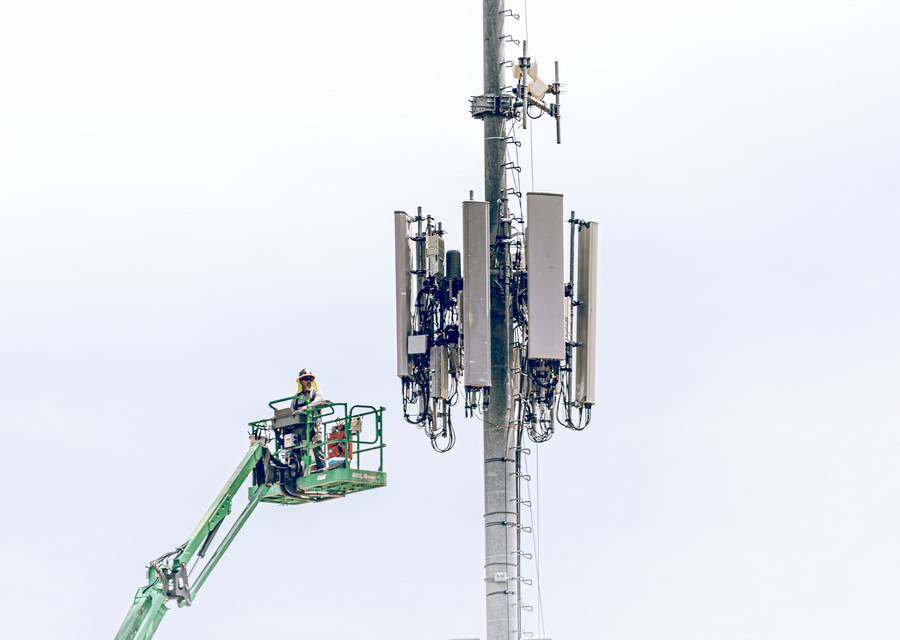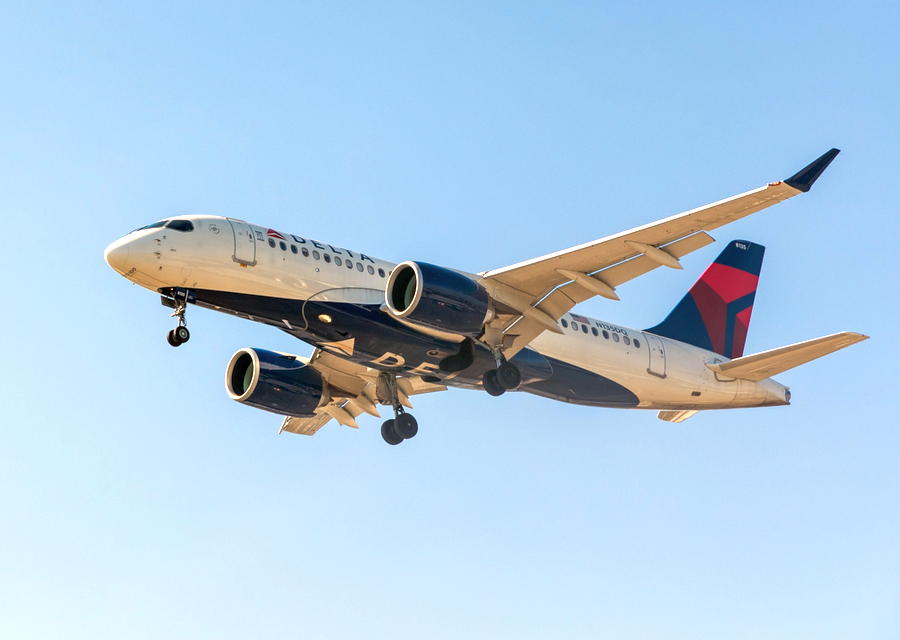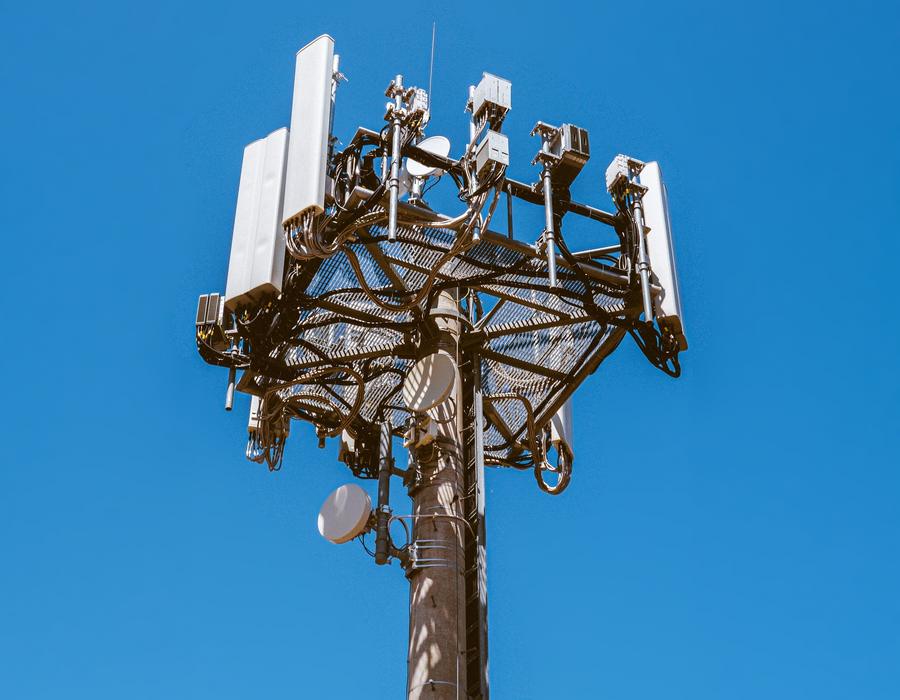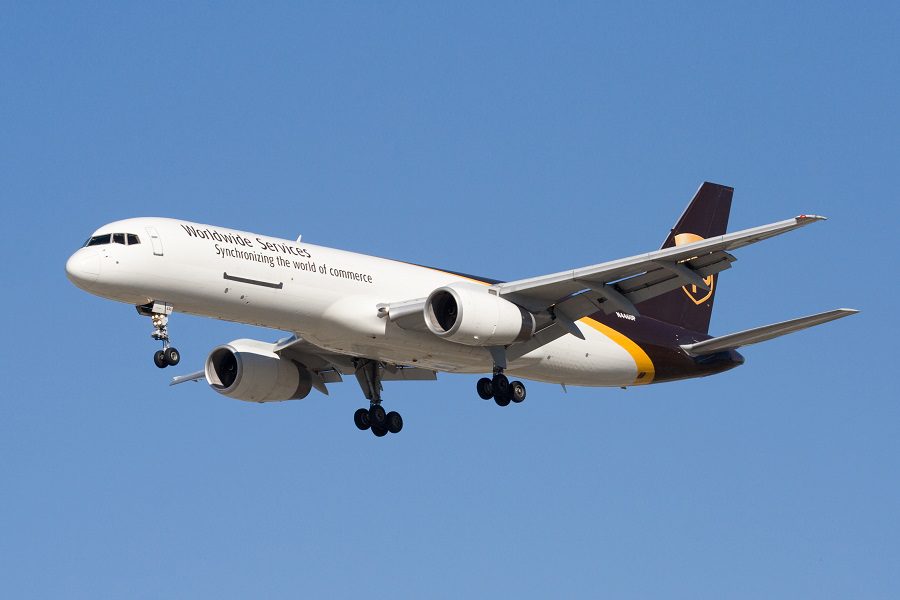Airlines flying to the United States must upgrade their aircraft to avoid another 5G crisis. But not everyone can meet the looming deadlines!
The prospect of grounding much of commercial air travel in the US in January 2022, because of possible interference from 5G towers, was seemingly averted at the last minute. Fortunately, the FAA, FCC, and stakeholders in both the telecommunications and aviation industries have since been working more closely on the matter. AT&T and Verizon agreed to a voluntary postponement of the launch of 5G in key sites.

But the more amicable climate doesn’t mean that things have been progressing quickly. To solve the problem for good, airlines and aircraft manufacturers will need to upgrade radio altimeters in many aircraft, to avoid 5G interference. Back in January 2022, the FAA did clear several existing radio altimeters for use near 5G towers, after testing. Again, there was a lot of criticism for the FAA, because it didn’t conduct this testing earlier.
5G Upgrade Deadline(s)
For most airlines, the deadline to upgrade their equipment against 5G signals is by July this year. For regionals and other operators, the deadline is much closer, in March. We have previously seen that the FAA has proposed to effectively delay both deadlines to early 2024. The agency also pushed for the deadline to become mandatory, rather than voluntary. This is because other, smaller telecom providers presently don’t have to abide by it.

Perhaps unsurprisingly, it now seems that many airlines can’t upgrade the entirety of their fleets, to meet the 5G deadline. This confirmation comes from the International Air Transport Association (IATA). In a statement, IATA Director General Willie Walsh said that the reasons for this are “…supply chain issues, certification delays, and unavoidable logistical challenges”.
We have seen that the combination of the slowdown and ramp-ups during and after the pandemic, along with challenges relating to the war in Ukraine, have created supply chain issues for many players in the industry, affecting both new aircraft production and service centers. IATA is also pointing out that the 5G upgrade deadline could hit the industry in the middle of the next summer season in the US.

Pricing and Paying…
In responding to IATA’s statement about the 5G upgrade, the FAA referred them back to its previous requests to postpone the deadline. The agency also wants to limit the power of some transmitters near airports and regulate a bigger margin between 5G frequencies and radio altimeters, for towers in key locations. It is not clear if these terms remain on the table.

Separately, there is a disagreement between the FAA and IATA, regarding how much the 5G upgrade will cost. Earlier, the FAA estimated it at $26 million. IATA’s estimate is over 24 times that, at $637 million! This number includes aircraft that have already undergone checks and retrofits. It is unclear if the FAA’s numbers include just the cost of the new equipment, or if they also make allowances for installation costs and lost revenue, from aircraft undergoing service.
IATA is also highlighting the unfairness, as it sees it, of the aviation industry having to cover the cost of this 5G upgrade. The FCC has pointed the finger at the FAA, claiming that the aviation industry has been complacent about maintaining best practices around the use of frequencies and the effects of interference. On the flip side, the FAA and the rest of the aviation industry have said that they got to these frequencies first…




1 comment
chilversc
A part of me is curious to see which tech would win in a battle of stubboness if both continued to operate on the same frequencies. Would the 5G network see issues of outages and technical difficulties everytime a plane flies overhead or comes in to land and the local receivers get overwhelmed by the ground radar?
Perhaps the airline could just upgrade to a “dual band” ground radar, and continue transmit on 5G but ignore the return signal just out of spite 🙂
It does seem a bit like the telecomms industry have bullied the airline industry here as they know that the airline industry have to yield because they cannot compromise safety. Though I am supprised that the band wasn’t reserved for use by the airline industry.